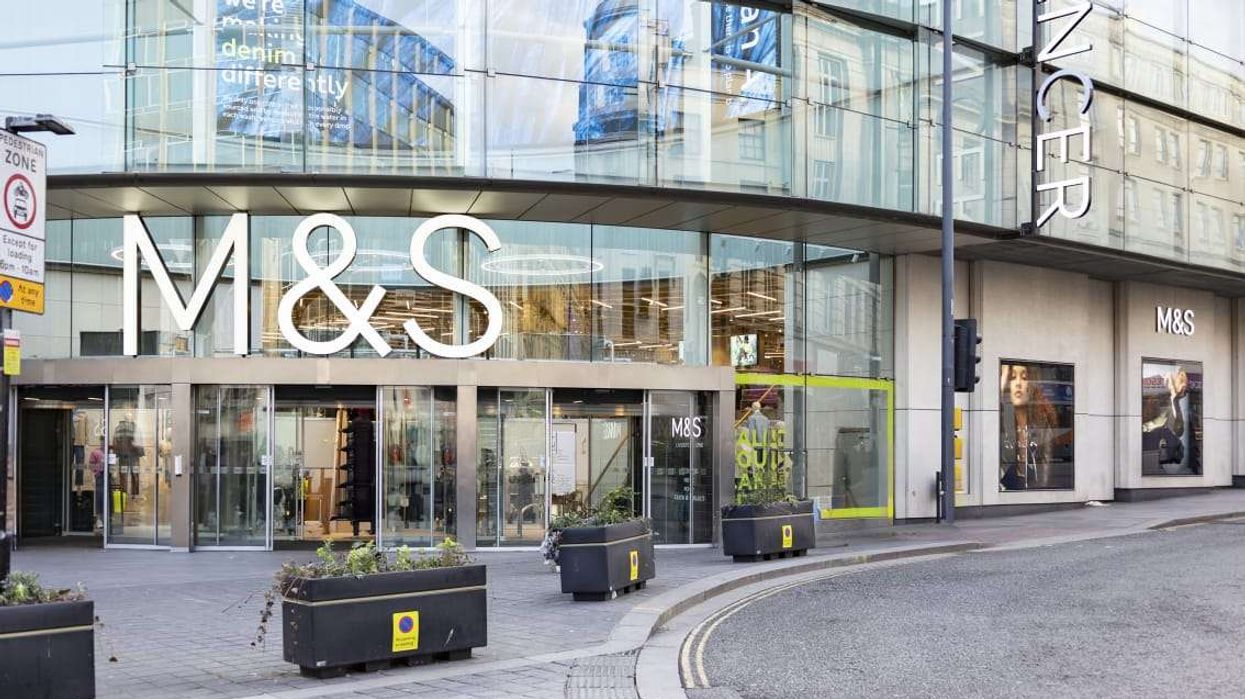Highlights
- First-half adjusted profit before tax dropped 55.4 per cent due to cyber hack.
- M&S booked £102 m in cyber-related costs but received £100 m insurance proceeds.
- Company expects second-half profit to match last year's performance.
The 141-year-old retailer reported adjusted profit before tax fell 55.4 per cent in the first six months, as the cyberattack forced it to suspend online clothing orders for seven weeks and click-and-collect services for nearly four weeks. M&S booked £102 million in costs related to the cyber hack but secured £100 m in insurance proceeds.
The company expects second-half profit to be "at least" in line with last year's figures. chief executive Stuart Machin told the Reuters that the second-half recovery "should give us a solid base to springboard into a new financial year starting April and set M&S up for further growth."
In May, M&S estimated the cyberattack would cost about £300 million in lost operating profit for the year but aimed to halve the impact through insurance, cost control, and trading measures.
On Wednesday, it said it had received £100 m in insurance proceeds and booked £101.6 m in related costs, with another £34 million expected in the second half. Before the hack, M&S had delivered its best profit in over 15 years, with analysts now forecasting £638 m for 2025 / 26, down from £876 m in 2024/25.
Recovery and outlook
The cyberattack, which began on 22 April, severely disrupted M&S operations. Clothing and food availability in stores was affected, while the company incurred additional waste and logistics costs.The retailer gradually restored online delivery services from 10 June and reinstated click-and-collect services in August. Analysts initially estimated the attack cost M&S over £60 m in lost profit and wiped more than £1 bn from its stock market value.
Despite the setback, Machin said M&S is looking forward to a "good Christmas" across the business. However, he warned that the wider retail sector faces significant challenges, including a new packaging tax and higher employer social security costs.
"Our customers are increasingly concerned about rising costs and higher taxes," Machin said M&S shares rose 1 per cent following the announcement, extending gains in 2025 to 3.4 per cent. The stock has recovered most of its cyber hack-related losses.
The company prioritised safety over speed during its recovery, bringing systems back online gradually while working with external security experts.Reuters





